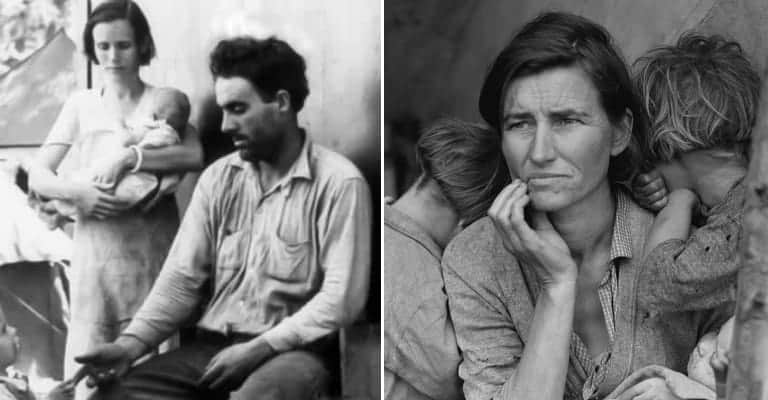The Great Depression was the most severe economic decline in modern history. Sparked by the stock market crash of 1929, the depression spanned much of the world and was one of the factors leading up to World War II. It permanently changed the role that the government took in the lives of American citizens and, in many ways, helped shape American life for the rest of the century. Keep reading to find what your life would have been like had you lived during the Great Depression.

30. You Could Finally Enjoy Alcohol Legally
In 1920, a new amendment to the United States constitution banned the sale of alcoholic beverages. The Roaring Twenties came to be defined by bootlegging and gang warfare as a result of Prohibition. The amendment was repealed in 1933, so after dealing with all of the stresses of the depression, people could at least enjoy a drink without breaking the law.

